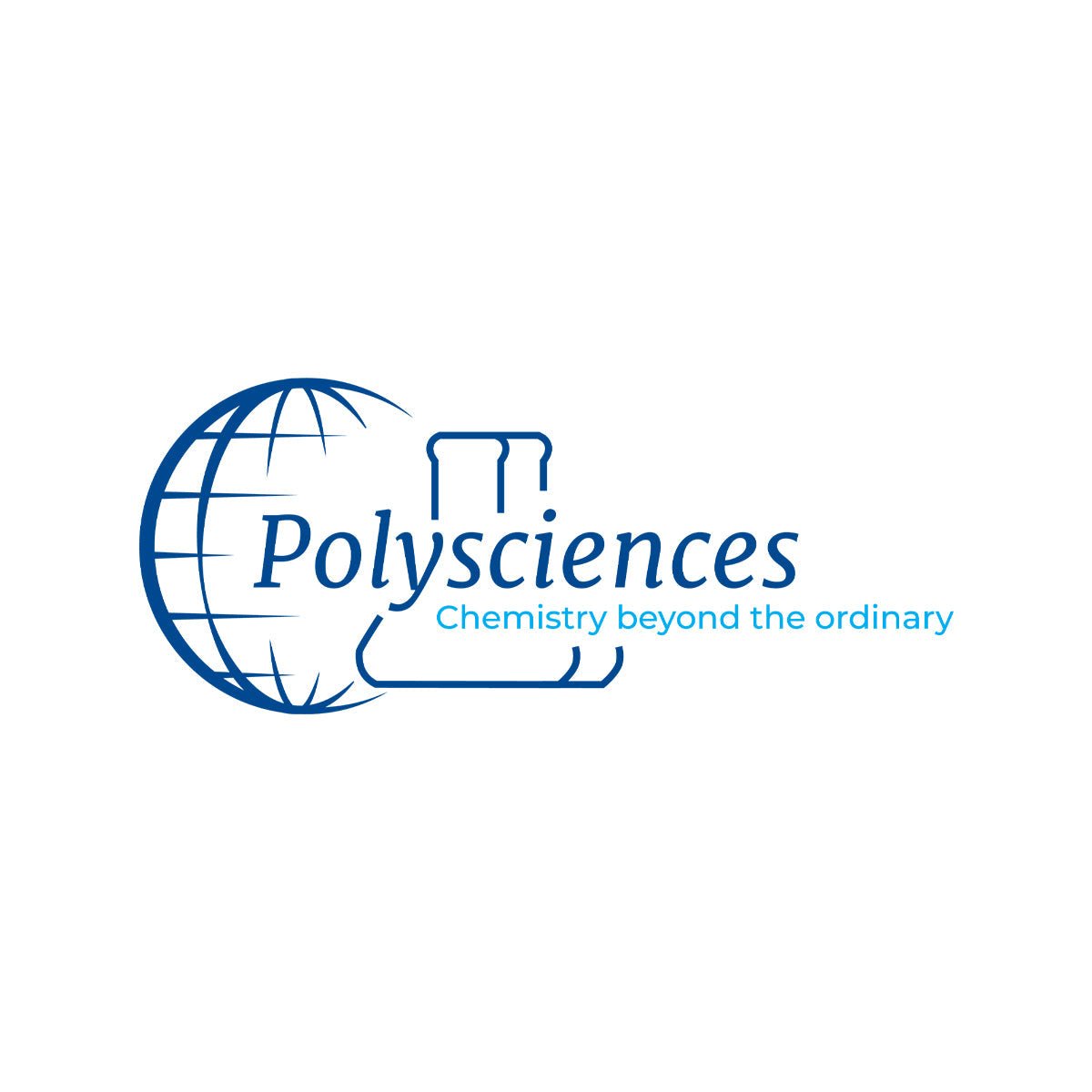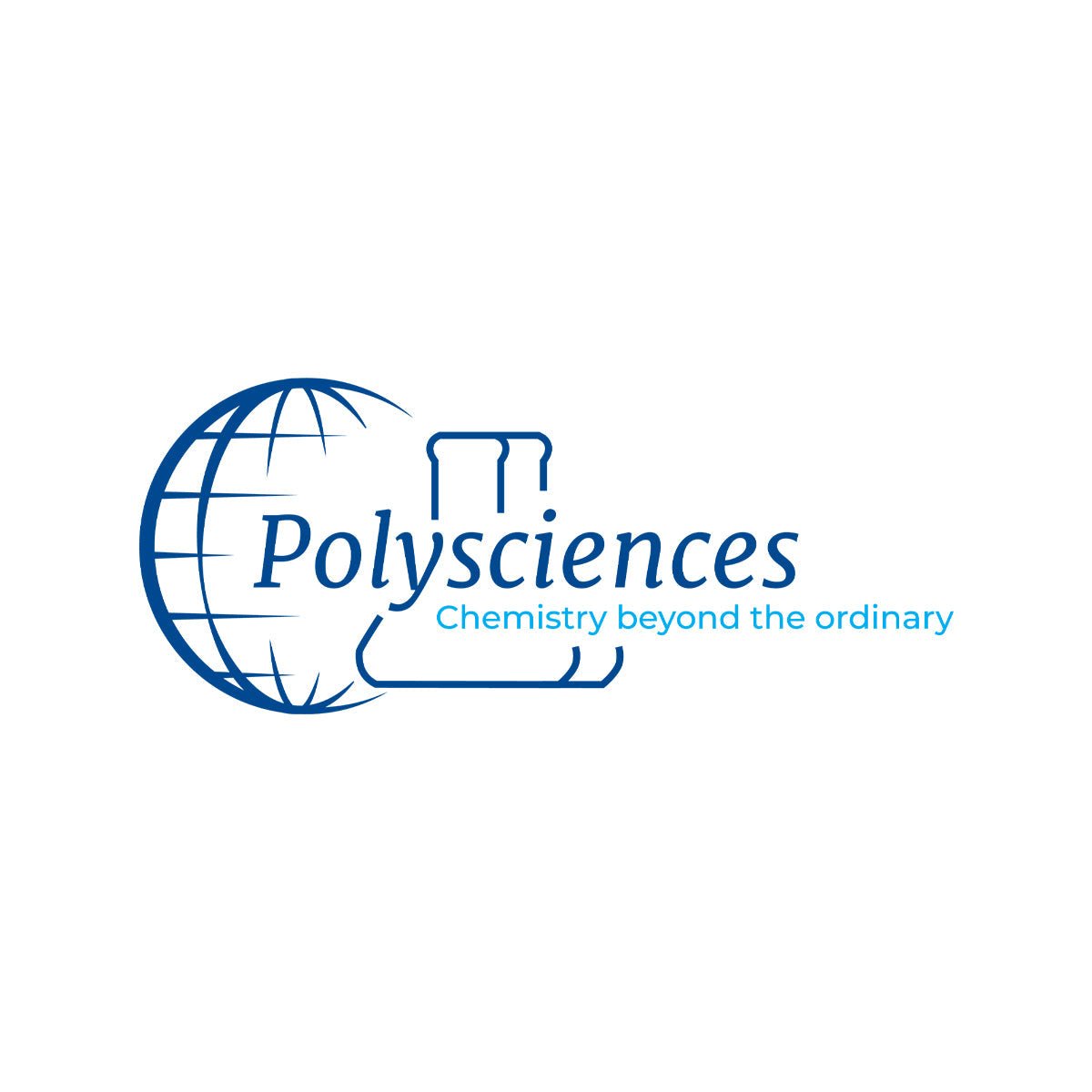Polycaprolactone, IV 0.6 dL/g, Powder
Product Number:
-
50311
Product Description
High-grade, suitable for biomedical research.
Supplied as a powder.
Polycaprolactone (PCL) is a semi-crystalline, hydrophobic, biodegradable polyester that has gained popularity as a biomedical polymer due to its biocompatibility, ease of manipulation both chemically and physically, and tunable degradation rates. It is a versatile polymer that can be processed into various forms, including films, fibers, and 3D printed scaffolds, making it suitable for a wide range of applications in tissue engineering, and drug delivery.
PCL is degraded by hydrolysis of its ester linkages under physiological conditions at a slower rate than other common biodegradable polymers such as polyglycolide (PGA), poly lactic acid (PLA), and their copolymers, thus making it useful for longer term implants. In general, PCL with higher molecular weight will have a slower degradation rate. Temperature, pH, presence of enzymes, surface area-to-volume ratio, and the specific application will also impact the degradation rate of PCL. The low melting point (~60°C) of PCL enables a high degree of malleability which makes it useful for 3D printing, film-forming, and heat molding. PCL’s biodegradation also makes it an environmentally friendly replacement for many ecologically persistent plastics in a variety of applications.
Residual Tin: ≤ 50 ppm
In biomedical applications, low residual Tin levels are essential to ensure biocompatibility, regulatory compliance, and avoiding adverse effects on performance.
See the Specification Sheet under Related Documents for a comprehensive listing of all tests performed.

